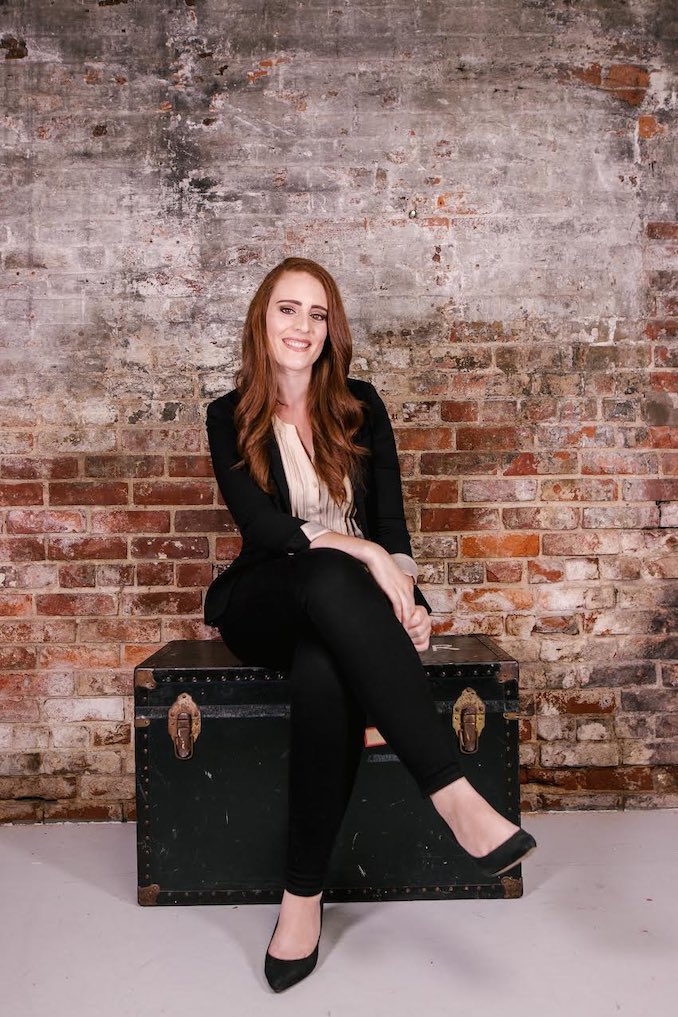Bailey Parnell is unstoppable. Not only was she named one of Canada’s Most Powerful Women by WXN, she is a young, successful, a sought after public speaker and a TEDx alumni. What started out as a part-time business, has now grown into a successful venture that includes an impressive client roster made up of Fortune 500 companies, the Ontario Government, and international brands.

Here, she talks about the importance of developing soft skills in this AI driven world and shares her recipe for success.
Let’s talk about your career journey. What inspired you to start SkillsCamp?
My entrepreneurial journey started at Ryerson University where I worked in the student affairs department. In addition to my storytelling and marketing responsibilities, it was in this role that I helped student affairs departments on basically everything needed outside of the classroom; health and wellness, personal branding, stress management, presentation and speaking skills, etc.. It was in this role where I noticed how the majority of students weren’t learning the essential ‘soft skills’ such as communication, teamwork and collaboration, networking and presentation skills needed to succeed. These skills were not being taught in the classroom, despite the fact that those who did have these skills were more successful.
In 2016, I started SkillsCamp to bridge this educational gap and help companies and students navigate social politics, drive sales, present confidentially in front of large groups of people and better collaborate with team members, to name a few of the soft skills we teach.
Who is your clientele and what challenges do you help them overcome?
My clients range from early stage businesses, to Fortune 500 companies, to governments and educational institutions, such as Queen’s University and the University of California. These organizations reach out to me with a variety of different problems. Some companies have an unmotivated workforce, others want their sales teams to learn how to better engage their customers. Educational institutions typically ask me to coach students and help them become more employable. Due to the different business needs, each program is custom designed and ranges from a full-day session priced at a half-day session, to webinars and longer monthly programs.
More and more companies are seeing the value in this training as the term ‘soft skills training’ is increasingly being googled.
Where do you see soft skills fitting into this AI and data driven world?
Artificial intelligence (AI) does things that are very automated, such as data entry. Although there is much conversation happening around the fear of machines taking away human jobs, AI is unable to learn certain ‘soft skills.’ This is what sets humans apart. What I do see happening is a push to re-skill current employees helping to transition them into new jobs. For example, the layoffs that happened in Oshawa were very predictable. The government should have intervened years ago and helped re-skill those workers so they could transition into new jobs.
What advice would you give other entrepreneurs?
The first piece of advice I would give, is to know that you don’t need to follow other entrepreneur’s journeys. You can use their story for inspiration, but you need to set yourself realistic goals. I worked full-time at Ryerson when I first started my business because I needed the income to pay rent and other bills. You often hear a lot of entrepreneurs say that you need to ‘give it all you got,’ and you must ‘dive into your startup full time in order to be successful’. I couldn’t afford to do this, so instead, I created goals and a timeline. I worked to have a year’s salary saved in the bank before working full-time on my business.
The second piece of advice I give, is to accept that your original business might evolve into a new concept from what you had originally envisioned. When I first started SkillsCamp, the skills I was teaching at the time were personal branding skills, social media marketing and best practices for productivity. This very quickly evolved into the soft skills we teach now because this was what was missing in the market.



